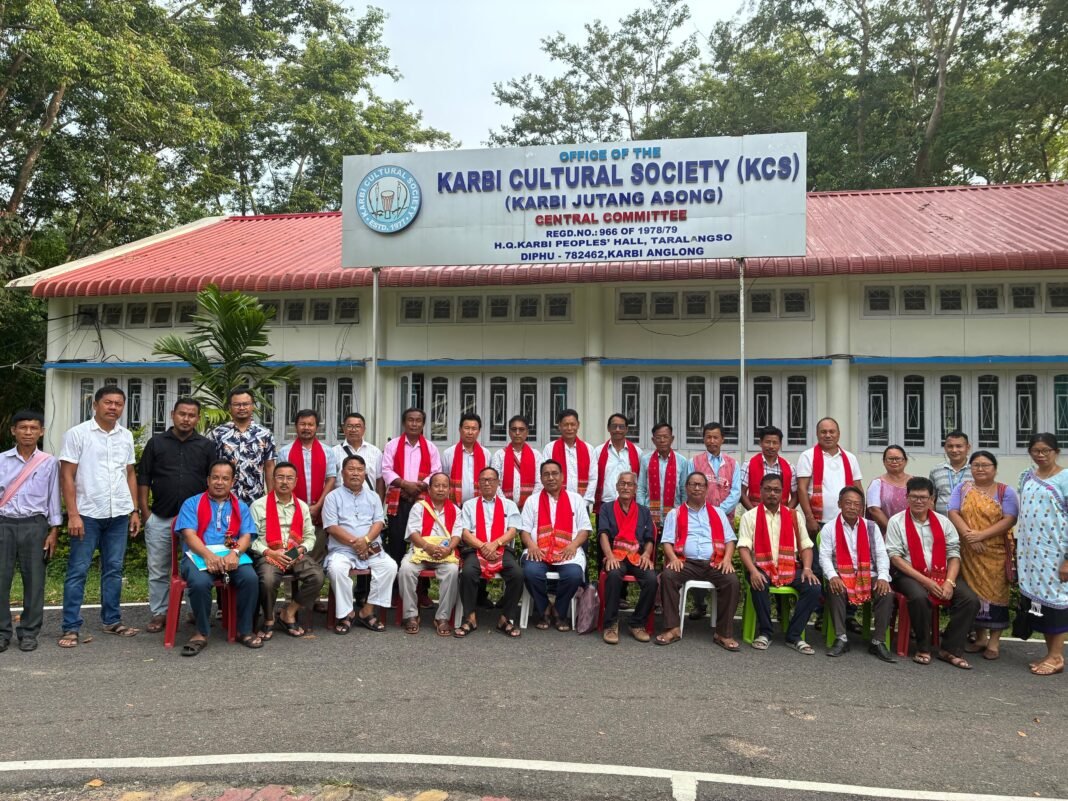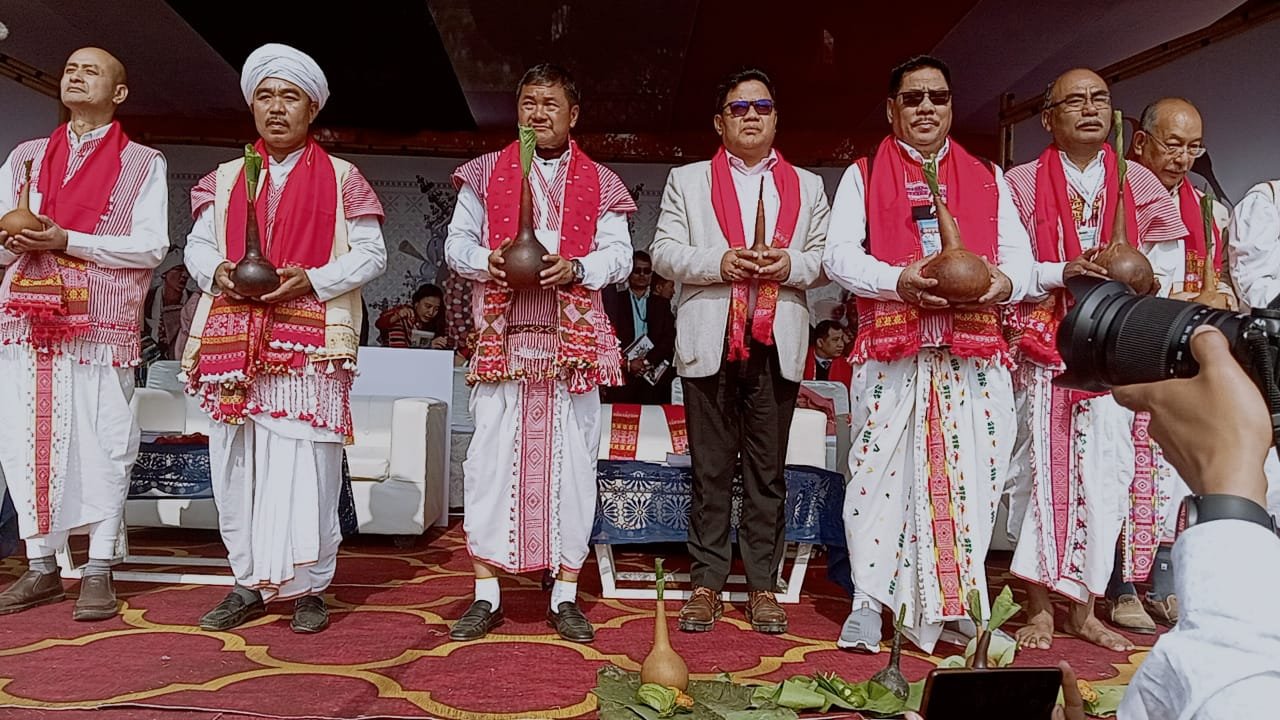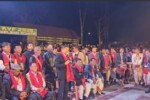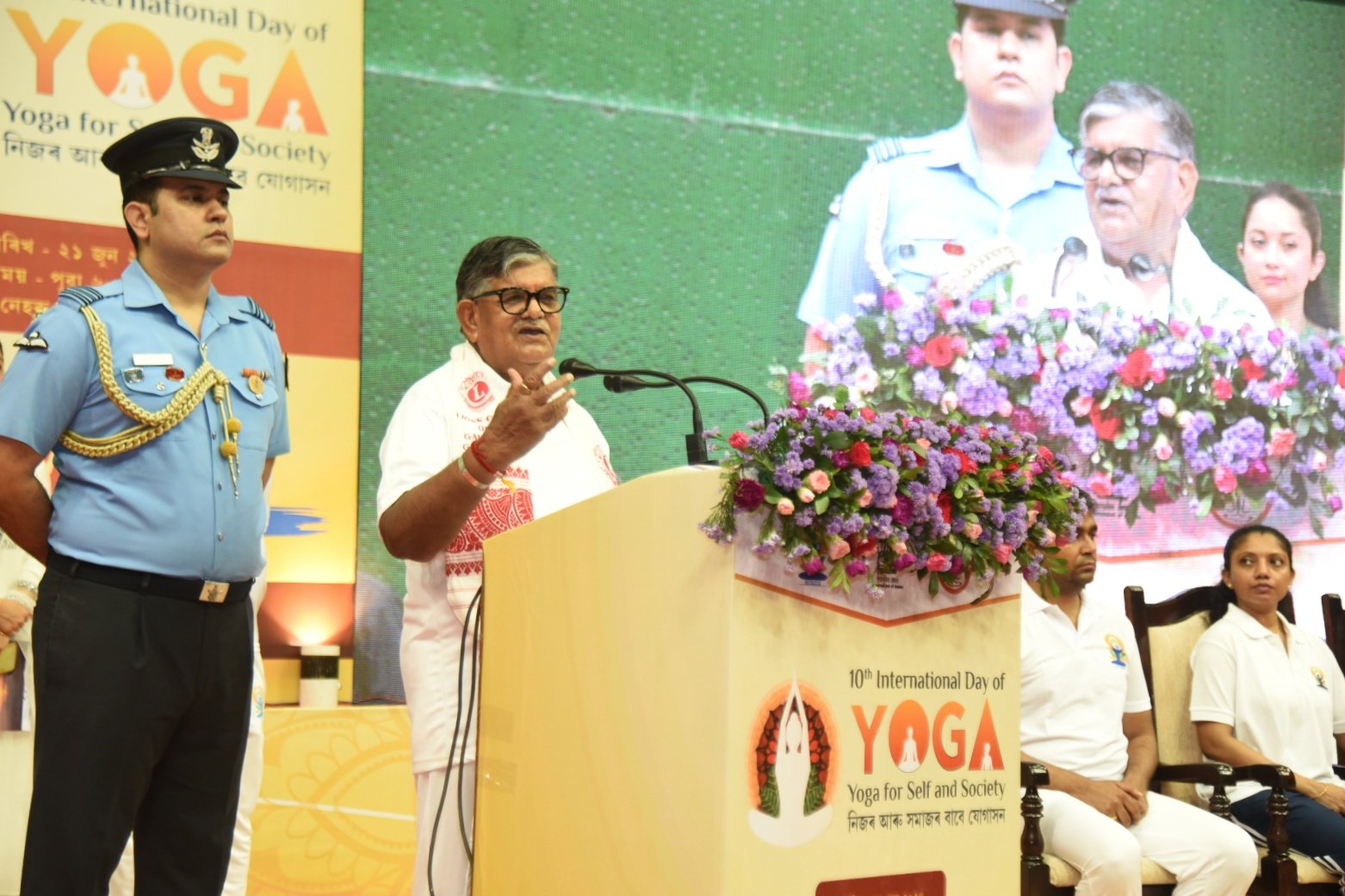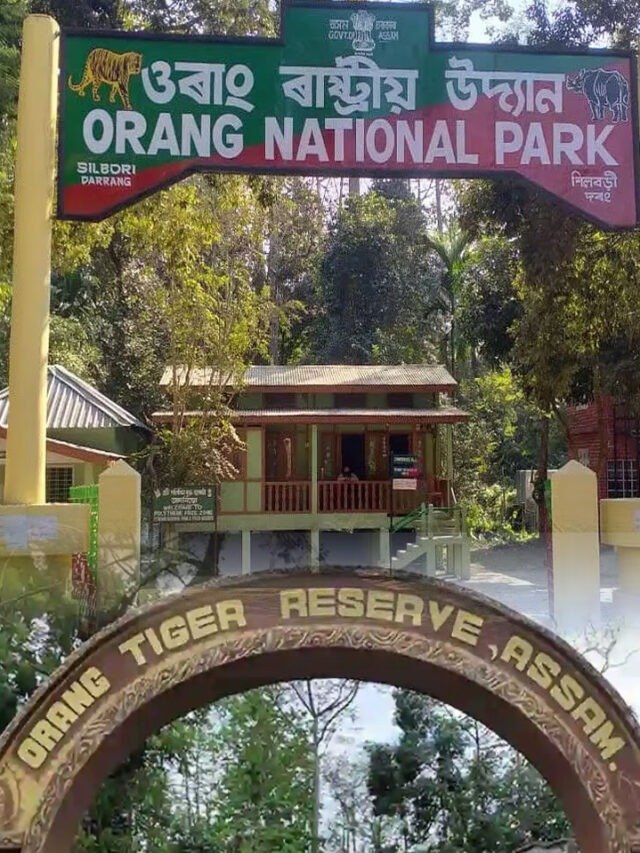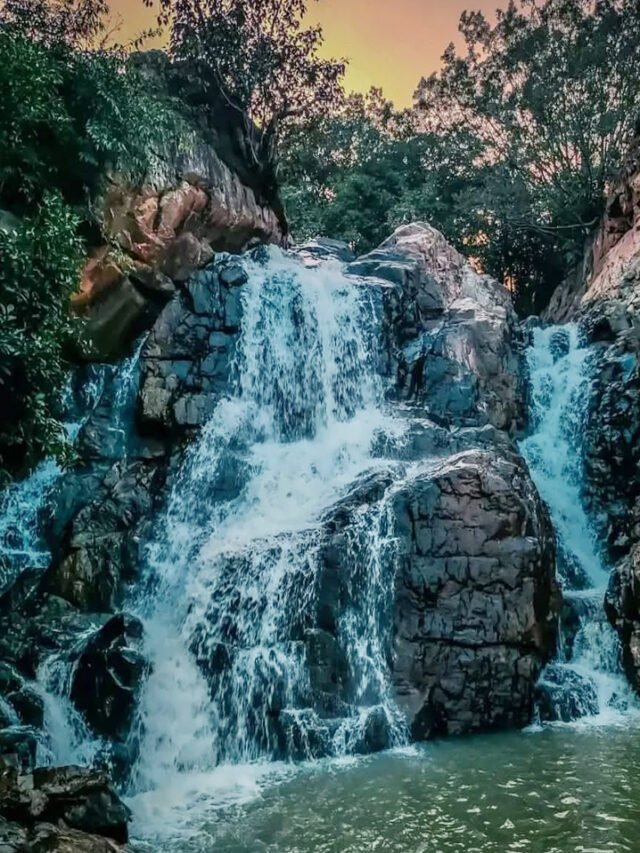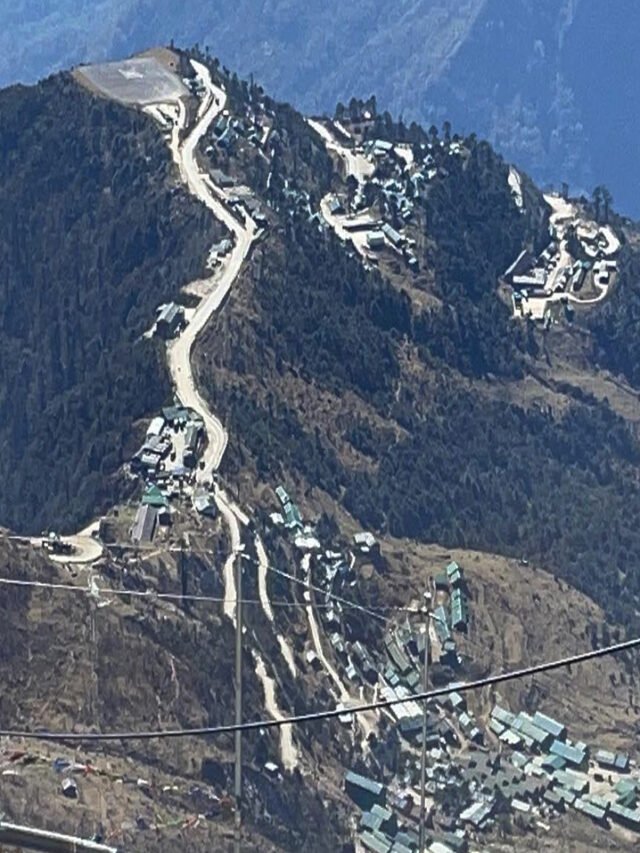HT Bureau
DIPHU, July 20: In a significant initiative aimed at cultural preservation and creative engagement, the Karbi Cultural Society (KCS) convened a special meeting of lyricists and scriptwriters at Singmirjeng, Karbi People’s Hall (KPH), Taralangso on Saturday.
The event, held on July 19, brought together veteran and emerging voices in the field of Karbi music, literature, and cultural documentation to deliberate on ways to safeguard the community’s rich artistic and historical legacy.
The meeting was chaired by KCS president Humsing Bey, while general secretary Sunil Tokbi outlined the objectives of the session.
The primary focus was on reinforcing the cultural identity of the Karbi people by harnessing the power of songs, scripts, and written records, all of which were acknowledged as vital carriers of community memory.
The event drew a distinguished gathering of contributors to Karbi culture, including former KCS general secretary, songwriter and singer Chandra Kanta Terang; former KCS president, lyricist and writer Bidyasing Rongpi; writer Chandrasing Kro; Kangther Bey, Boleswar Hanse, Karbi folk-fusion singer Deuri Rongpi, Birensing Hanse, Sarat Bey, KCS vice president and writer Kamsing Ingti, Dhansing Terang, John Engti, Mohori Rongphar, Nogen Terang, Joysing Tokbi, and songwriter-composer-singer Sarthe Rongpi, among others.
Discussions during the meeting revolved around the growing need to document historical milestones, folklore, and the evolution of Karbi cultural movements.
The gathering unanimously recognised that these intangible aspects of the community’s identity must not be allowed to fade with time.
Delivering a key address, Rang Kamar Teron, Secretary of Drama & Cinema, KCS, made an emotional appeal to all writers and cultural workers present.
He underscored the lack of comprehensive written documentation regarding the Karbi Youth Festival and the founding of the Karbi Cultural Society, despite their centrality to the community’s collective cultural life.
“Time is passing, and our memories may fade, but the history of the Karbi Youth Festival and the foundation of the Karbi Cultural Society must be written and preserved. This is the demand of the present and the need of the future,” said Teron, urging fellow cultural custodians to act without further delay.
Participants expressed deep concern that without active documentation, invaluable knowledge and traditions may be lost to future generations.
They stressed that oral narratives, while powerful, must be complemented by written records to strengthen the continuity of the community’s cultural heritage.
The meeting further encouraged artists and writers to integrate historical themes into their creative work, thereby ensuring that cultural storytelling remains both relevant and accessible to younger generations.
Through this gathering, the Karbi Cultural Society reaffirmed its commitment to both cultural revival and innovation.
The event served as a clarion call for all stakeholders in Karbi literature and the arts to engage in collective authorship of the community’s story—one that can be referenced, studied, and celebrated for years to come.
According to the official release, the KCS will continue to organise such interactive platforms to encourage a culture of documentation, scholarship, and creative expression rooted in the traditions of the Karbi people.


